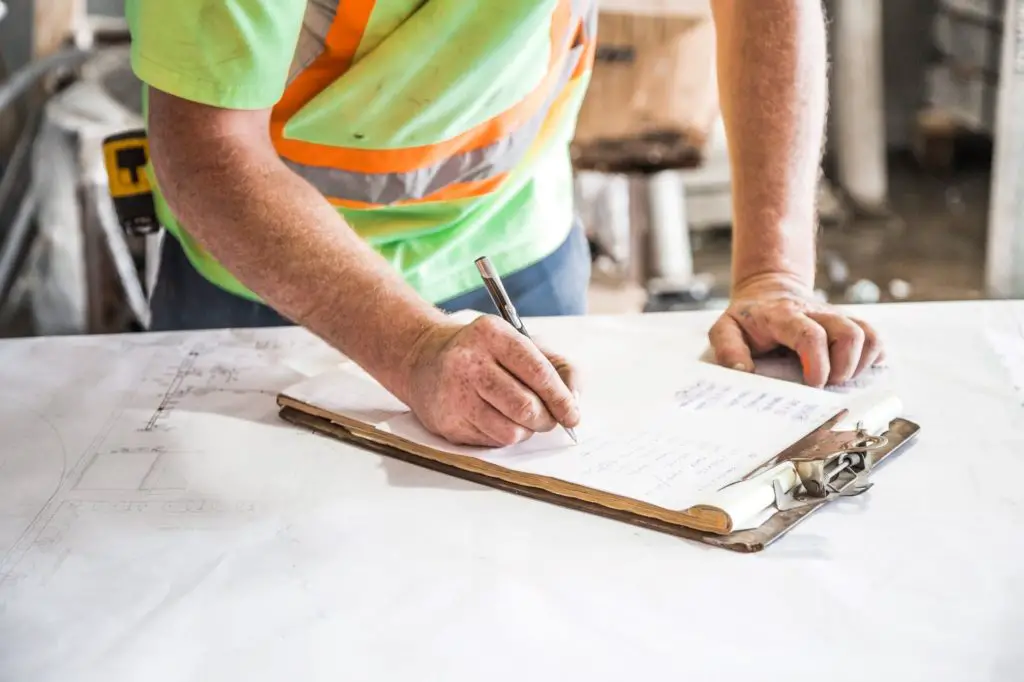Obtaining a general contractor license in the construction industry is a stepping stone many experienced construction professionals choose to pursue at some point in their career.
Having a general contractor license can be a lucrative move in expanding a construction business and gaining respect among potential customers and colleagues alike. However, getting a general contractor license is an involved process, requiring you to meet certain guidelines along the way.
If you’re considering getting a general contractor license to take your construction business to the next level, here’s what you need to know.
Understanding Your State’s Rules
To obtain a general contractor license, the first step is to recognize what rules and regulations are in place in the state in which the business will operate.
Each state, and in some cases, city or county, will have its own set of guidelines for how to get a general contractor license. The licensing process may include a specific application, a background check, financial documentation, a construction bond, or a construction exam or education requirements.
Some states have stricter rules than others, and being licensed in one location does not automatically mean you are licensed in the next. Be sure to check with the state, city, or county before pursuing a license.
Getting the right bond
After understanding the state requirements for getting a general contractor license, one of the next steps for most construction professionals is identifying the amount and type of surety bond that needs to be put in place.
A surety bond for a general contractor is part of the licensing requirements in many states and cities, as it helps minimize the risk of a job not being completed in-line with regulations.
There are several different types of bonds available, including bid bonds, and payment and performance bonds, all which are based on the type of work that will be performed. You will need to know the type of bond you need before applying. It is also important to understand the cost of a general contractor bond.
Surety agencies offering these bonds price them as a percentage of the total bond amount needed. This percentage typically ranges from 1 to 10%, depending on your credit history, your business financials, and the amount of your bond.
Budgeting for this required expense is a necessary component of getting your general contractor license. Experience in the Industry Although state requirements for a general contractor license vary, there are basic education and experience guidelines one must meet in order to obtain a license.
In most locations, a high school diploma is necessary, as is experience in construction, engineering, or building sciences. Some states may also require a general contractor to complete an exam as part of the licensing process, to ensure he or she understands what it takes to perform the duties of the job.
Business registration and insurance
As a general contractor, you may also want to establish a legal business structure under which to market your services and complete projects. Business structures come in many different forms, each with advantages and drawbacks which should be understood.
A general contractor is likely also required to have some form of insurance for the business, above and beyond surety bonds that protect the customer from bad business practices. General liability insurance is a common type of coverage, as is workers’ compensation.
Be sure to recognize any insurance and business registration requirements of the jurisdiction where you plan to do business, and budget in these costs along the way.
License renewal
You may think getting your general contractor license stops with the steps above, but there are ongoing requirements you may need to meet to ensure you are operating in line with the law.
License renewals are often required after one or two years in the business, and every year moving forward. This is to ensure that general contractors still meet the qualification criteria set out by the state or city in which the business operates.
Getting a general contractor license can be a smart way to grow a construction business over time, as it allows for more work from various customers and job owners. However, the process can be both time-consuming and costly for those who do not prepare in advance. Follow these steps to get you general contractor license in the state or city where you want to do business, and you will be in good shape to have a successful, legal business.
